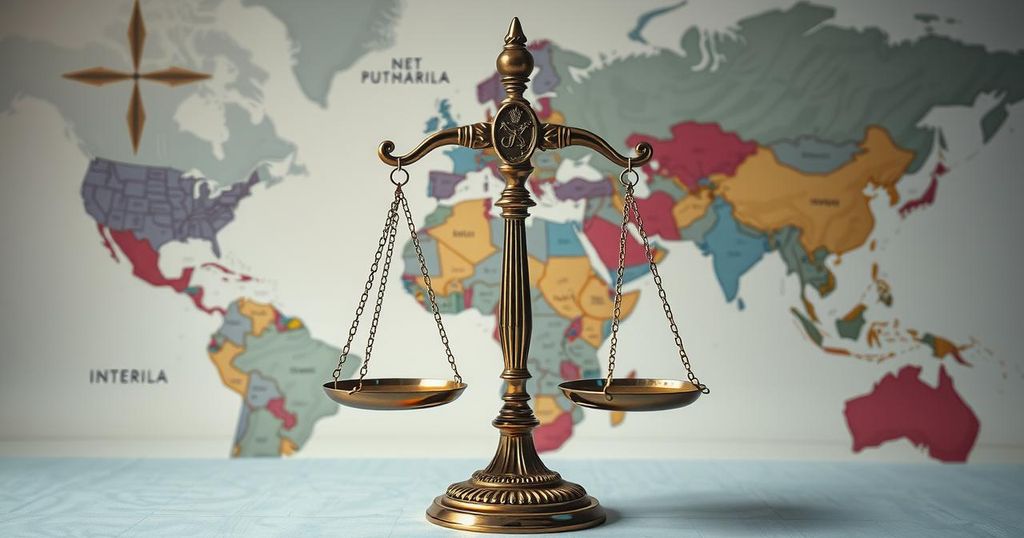Sudan rejected South Sudan’s call for a U.N. and AU investigation into alleged war crimes, warning of consequences for ongoing provocations. Accusations from South Sudan regarding Sudanese forces’ actions were met with Sudan’s claims of unjustified allegations. Violence linked to these tensions has reportedly resulted in multiple deaths of Sudanese citizens in South Sudan, further deteriorating relations between the two nations.
On January 23, 2025, Sudan issued a stern condemnation of South Sudan’s request for a United Nations and African Union investigation into purported war crimes. Sudan warned it would take “appropriate measures” against what it perceived as South Sudan’s ongoing provocations, which it argues exacerbate existing tensions between the two nations.
The dispute ignited following remarks by South Sudan’s Foreign Minister, Ramadan Abdallah, who accused Sudanese forces of committing atrocities against South Sudanese citizens. He called for an investigation during a meeting aimed at enhancing African counter-terrorism cooperation in New York.
In response, Sudan’s Foreign Ministry criticized South Sudan’s claims as “unjustified,” pointing out that Sudan had already initiated its own investigation into the allegations of abuses in the Al Jazeera state, subsequent to the Sudanese army’s takeover of Madani on January 11.
The Sudanese government expressed dissatisfaction with South Sudan’s alleged inaction regarding the reported involvement of South Sudanese mercenaries in the conflict. Sudan has accused Juba of enabling armed groups, including the Rapid Support Forces (RSF), and facilitating their medical support within South Sudanese hospitals.
Furthermore, Sudan’s statement detailed retaliatory violence directed at Sudanese citizens within South Sudan, implying that such acts were orchestrated by South Sudanese officials. The Sudanese embassy also faced threats, violating international diplomatic protocols.
Recent reports confirm that violence stemming from tensions has led to the death of sixteen Sudanese individuals in South Sudan, raising further alarm over inter-state relations. Sudan’s officials maintain they will take necessary actions to uphold their citizens’ rights and address these allegations both internationally and regionally.
Relations between Sudan and South Sudan have deteriorated significantly since South Sudan’s independence in 2011, which followed a protracted civil war. The ongoing conflict in Sudan, which erupted in April 2023, has further strained the already fragile relationship between the two neighbors.
The tension between Sudan and South Sudan predominantly stems from unresolved issues following South Sudan’s secession from Sudan in 2011. The two nations have frequently traded accusations regarding border security and involvement in cross-border violence. The ongoing conflict in Sudan and the presence of various armed groups further complicate their relationship, leading to heightened mistrust and diplomatic disputes. The call for investigations into alleged war crimes and atrocities exacerbates these frictions, reflecting deeper historical grievances and political complexities.
Sudan’s strong rebuke of South Sudan’s request for an independent investigation into war crimes underscores the fragility of their bilateral relations. Accusations of terrorism and reports of violence only amplify the risks of escalation between the two countries. Sudan’s insistence on pursuing its own inquiries highlights ongoing tensions and the complexity of their historical grievances, necessitating diplomatic efforts to mitigate further conflict.
Original Source: sudantribune.com






